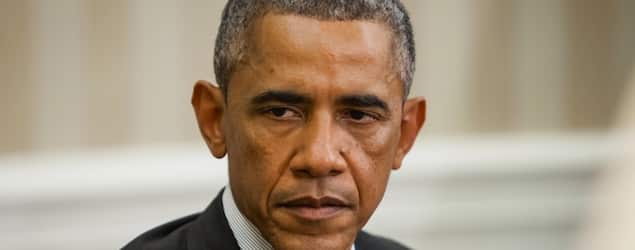Obama’s Mirages in the Middle East

The first rule of contemporary diplomacy: if you say something is true, that makes it so. The second rule: never doubt the first rule. You can see these precepts operating in President Obama’s State of the Union speech: “Our diplomacy is at work with respect to Iran, where, for the first time in a decade, we’ve halted the progress of its nuclear program and reduced its stockpile of nuclear material.”
You might naturally take that to mean that diplomatic negotiations are working to stop Iran’s sinister nuclear program. But you’d be wrong. Iran has gamed the negotiations to its advantage at every step. More alarming is that the interim agreement already in place allows for mile-wide loopholes, so that Tehran can continue enriching nuclear materials without technically violating the deal. Thus: Iran recently announced the construction of two new nuclear reactors.
Now step back from the minutiae of the negotiations, and consider Iran’s standing in the region. Tehran, by one reckoning, has never been more influential in Iraq. The forces now trying to mount a coup in Yemen have Iranian backing. The forces of Hezbollah and Hamas are armed, trained and funded by Iran. Lately it appears that Iran has been working on an advanced missile site located in Syria, and the regime has forged military ties with Putin’s Russia (beyond the existing partnership whereby Moscow helps Iran build nuclear reactors). Across the region, the power of the jihadist regime in Tehran has expanded.
Obama’s fiction masks an unnerving truth.



